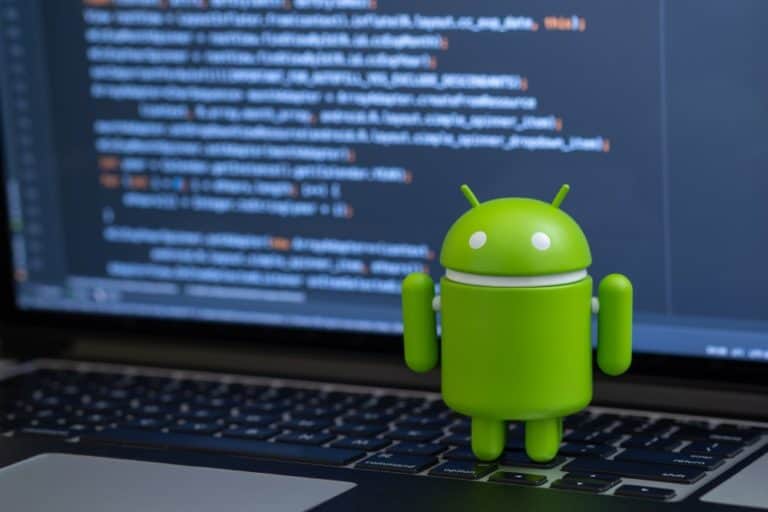Google will start enforcing a rule requiring mobile developers to use an Android App Bundle for submitting apps to the Play Store, beginning August of this year. The goal is to optimize distribution and also requires Google to have the developer’s private key.
Google Play product manager, Dom Elliot, said that starting next month, this new model will replace the APK as the standard publishing format.
The android package (APK) format will still be used, with a few changes to make it work better for the Play Store and its users.
What is the point?
The App Bundle ensures that when a device requests the installer from Google Play, it will get an APK optimized for the device instead of a universal APK from the developer. App Bundles also allow for there to be additional features.
To find out what they are, open this link. On-demand delivery allows developers to offer feature modules that are downloaded as needed, to reduce the size of the app, for those who do not require or use certain features.
Conditional delivery is a variation of the protocol where some modules can only be installed in some countries or if the device meets some hardware requirements.
Security and control
Instant delivery allows developers to make a small base module and a feature module (less than 10MBs) that can be tried by users without doing a full installation. Apps with large assets requirements (mostly games) used OBB (Opaque Binary Blob) expansion files.
Now, they will use Play Asset Delivery with assets hosted by Google, offering several delivery modes. The method is more secure than OBBs, which are not signed.
Elliot said that this is the Modern Android Distribution, adding that many of the top 1000 apps and games on Google Play already use it.
